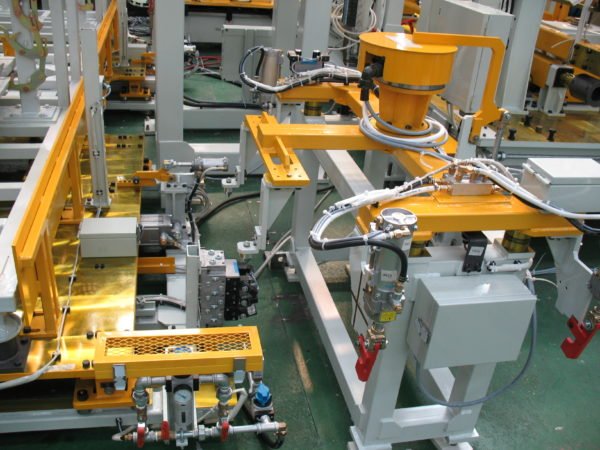Starting a business today is easier than ever, and today is a great time to be an entrepreneur. Perhaps you’ve been researching your market and have a niche product you think will fit in nicely and sell. You’re excited to get going! Once you’ve got a great concept and an initial product/prototype—and have patented your product—it’s time to start looking for a manufacturer to produce it.
However, if you want to avoid the fate that many startups face (a whopping 90% of startups fail), it’s important to choose the right manufacturer. A bad partnership can cost you a lot of money, and potentially end your business. Sourcing products isn’t exactly a walk in the park, and takes research, dedication, and perseverance. On the plus side, it’s much easier to look for a manufacturer today than it was a decade ago. Here’s how you can find the right partnership:
Determine the Type of Manufacturer You Need
There are many types of manufacturers. There are manufacturers who produce your own product idea from scratch; a supplier that purchases and utilizes existing products and parts; and a dropshipper, which supplies and fulfills product orders that are already on the market, in hopes of getting you a profit without you having to do any heavy lifting. These manufacturers and suppliers are all very experienced, and use complex machine tools to get the job done. Think about the type of product you have and what it needs most. What type of manufacturer will cause the least stress, and generate higher revenue?

Should You Go Overseas?
You’ll also need to decide whether you want an overseas supplier or a domestic supplier. Of course, there are pros and cons to either situation. When you manufacture locally, there tends to be a higher standard of quality, and you can ensure that the employees working on your product adhere to a certain level of labor standards. There’s also the marketing appeal of being locally sourced, as this is something that many consumers care about today. And lastly, you’ll be able to verify reputable manufacturers much more easily, and communicate seamlessly with no language barrier or cultural differences.
Similarly, going overseas has many pros as well. The biggest advantage is that overseas production costs significantly less. This is the biggest appeal of international manufacturers, as sometimes the margins are so high, it’s hard to find a competitive strategy stateside. Additionally, when you start looking into international manufacturers, you’ll find that there’s a much larger selection to choose from.
Where to Begin Your Search
Once you understand what you’re looking for in a manufacturer, the hunt begins. There are several resources and directories you can use as a starting point. Two of the most popular domestic options are Maker’s Row and ThomasNet. Maker’s Row believes in “factory sourcing made easy” and has an aesthetically pleasing and intuitive site with free registration (although you’ll have to pay for advanced features). ThomasNet dubs themselves as the premier “product sourcing and supplier discovery platform,” has more than 5,000 manufacturer listing, which you can sort by company type, quality certifications, and more.
If you’ve decided you want to manufacture your products overseas, there are several directories here, too, including Alibaba, AliExpress, Oberlo, Bambify, and Sourcify.
Request Multiple Quotes
When you’re making a huge business decision, it’s important to gather several quotes and speak to multiple manufacturers. You can request a quote by sending the manufacturer a well-written email that covers all your bases. One of the most crucial questions you’ll want to ask is, “What’s your minimum order quantity (MOQ)?”
Depending on the supplier, this number can vary widely. If you’re just starting out, chances are you want to work with suppliers who can produce lower quantities, which allows you to better test your market. If a manufacturer has an MOQ of 10,000 on your first ever product, chances are you’ll want to go elsewhere.
You’ll also want to ask for sample and production pricing. Sample pricing is when the manufacturer makes a sample product for you to see before the order is placed, to ensure you are satisfied with the initial product. Some suppliers will even produce samples for free.
Production pricing is also important because this is what determines what your product will cost to produce. This number will steer the rest of your efforts as you move forward. You’ll also want to know if they offer discounts on production prices depending on the quantity ordered.
Be sure your initial email is clear and concise. Emails that are lengthy and contain unnecessary information—like the background and history of your company—could possibly be ignored.
